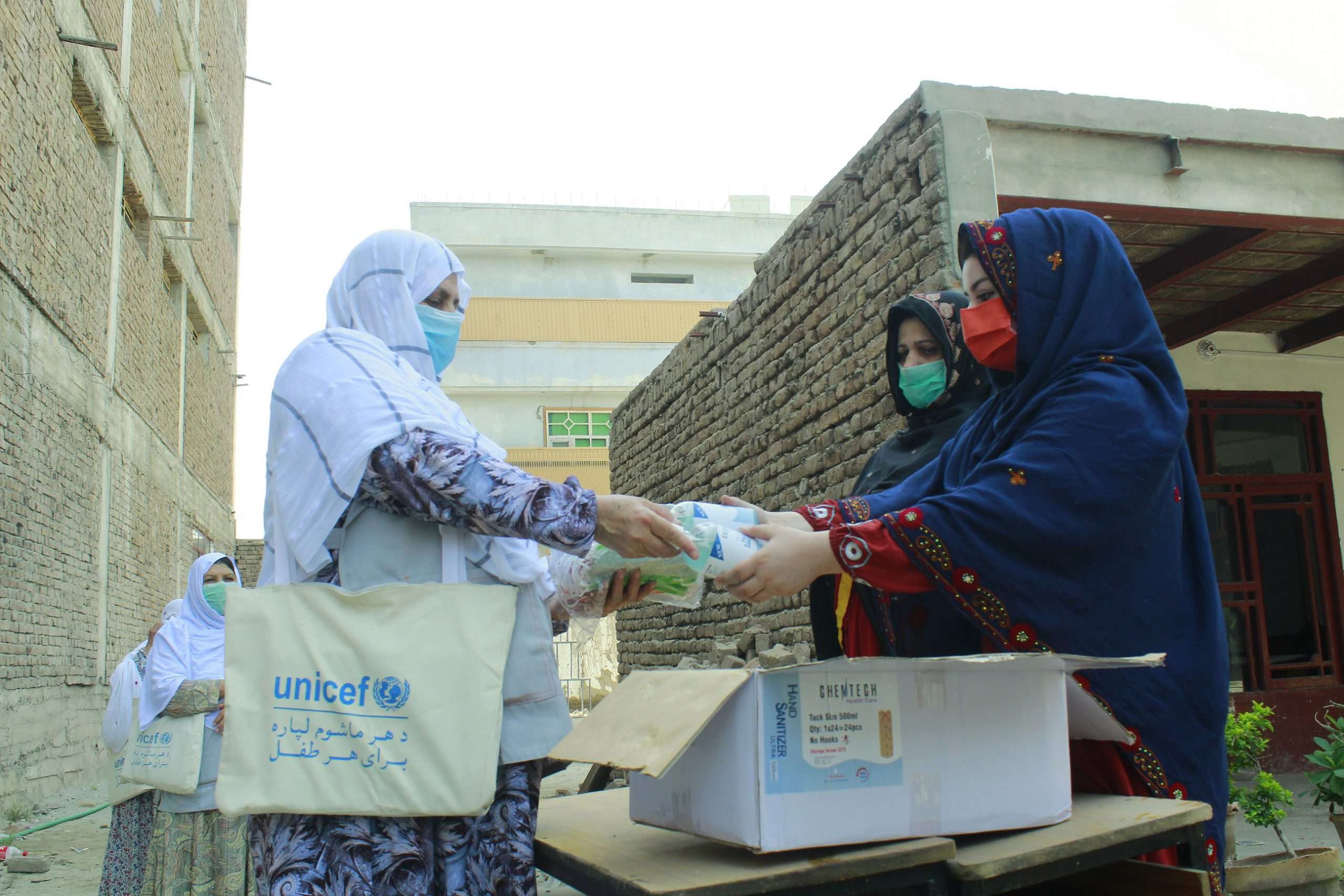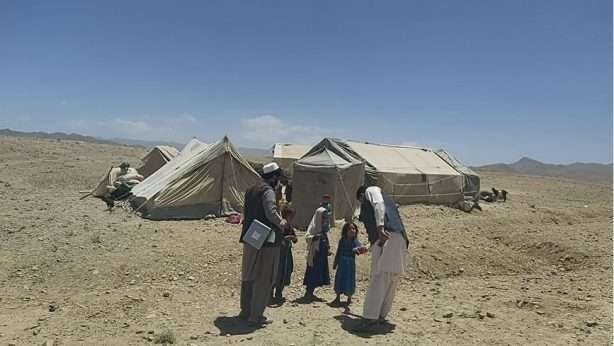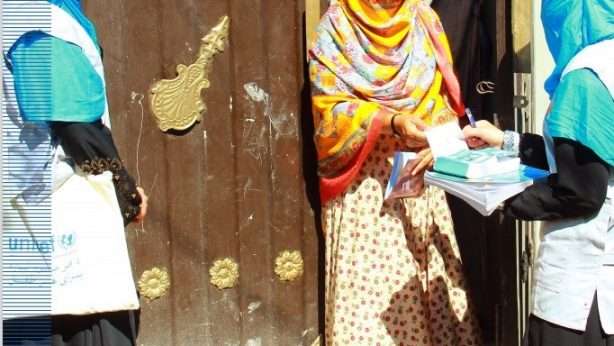Polio workers distribute soap and information in fight against COVID-19

In response to the COVID-19 pandemic, the polio programme has diverted thousands of personnel to fight the virus. Repurposing extensive experience eradicating polio, the programme is supporting country response in areas including information dissemination, disease surveillance, risk communications and data management.
In Kandahar, a ‘poliovirus epicenter’ where the programme has significant personnel, community social mobilizers stepped up in March to deliver soap bars and information on COVID-19 to some of Afghanistan’s poorest and most vulnerable communities.
Social mobilizers are local people trained to communicate with the public about specific health issues in ways that are understandable and encourage behaviours to protect health. In Afghanistan, UNICEF coordinates a network of 3,750 mobilizers.
Social mobilizer Abdul Wahid explained the importance of his mission. “The families were especially happy with the soap distribution. If the social mobilisers were not here, people would have remained uneducated about COVID-19.”
Just a few days after the decision to mobilize polio teams for COVID-19 response, the Kandahar team distributed thousands of soap bars and educational materials on the virus to communities across the province. Many of the families served have limited access to adequate sanitation products or facilities. Providing a bar of soap and demonstrating its use is a simple COVID-19 prevention measure.
During the distribution, the teams emphasized the importance of routine immunization continuing throughout the pandemic, reminding parents to take their children to health facilities. With house-to-house polio vaccination campaigns paused for the time being, many more children may be vulnerable to polio and other vaccine-preventable diseases if they do not receive vaccinations at health clinics.


